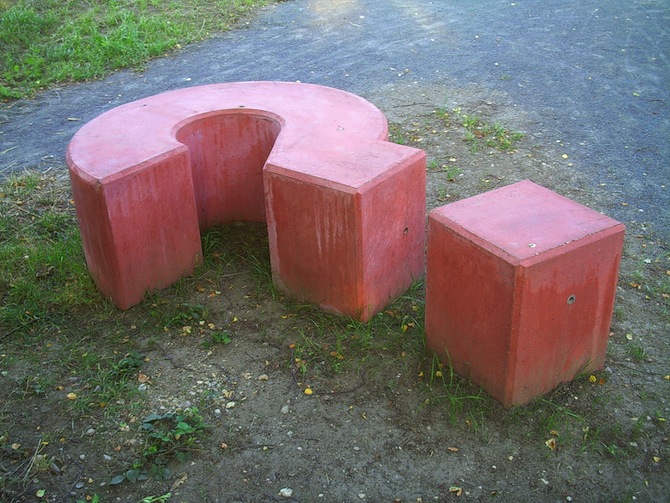Learning through empathy
What if we all felt each other's past?
None of us alive today are responsible for the decisions of those who crafted the laws that made some lesser than others. We did not write the Indian Act or build residential schools. We did not pass out pock infested blankets or exile whole populations of people to patches of land or steal one generation from another. This is not our doing, and, it is the history of our land. We share this history now. All of us who were born here or choose to live here: this is our shared history. We share these stories just as we do the beautiful, compassionate stories of our past.
None of us alive today are responsible for the decisions of those who crafted the laws that made some lesser than others. We did not write the Indian Act or build residential schools. We did not pass out pock infested blankets or exile whole populations of people to patches of land or steal one generation from another. This is not our doing, and, it is the history of our land. We share this history now. All of us who were born here or choose to live here: this is our shared history. We share these stories just as we do the beautiful, compassionate stories of our past.
This is a lesson I have learned from Laura Tait a couple years ago. But it was not until I heard her speak this most recent time that I realized how little of this lesson I understand.

Photo by Alexander Henning Drachmann / CC BY-SA
Learning, we know, is social, emotional, and experiential. We learn most deeply that which we connect to on a visceral level. When she took the stage at the Networks of Inquiry and Innovation’s annual symposium, Laura shared a learning experience she had recently at a role-playing workshop about colonization.
She and her colleagues took on the spectrum of roles of community members of an Aboriginal village from about 100 years ago. They bonded as a village and came to know their personas deeply, personas such as protector, hunter, builder, and child. They spent the morning building physical, tangible items to represent aspects of culture such as music, clothing, language, and ceremony.
During the role-play, the facilitator entered the village and started to take these items away, replacing them with enforced Euro-Canadian ways of being among the group – such as standing in lines rather than in circles.
At one point, however, she took the hunting grounds, relegating the now impotent hunters to line up for food alongside those they used to feed. As these changes took hold, Laura and her peers felt increasingly forlorn. She had chosen the role of protector and spoke about how lost she felt in this new paradigm where she was unable to protect her people from what had taken over their village. The colonizer. She took everything from the village: their land, their purpose, their celebrations, the cultural pieces they had built. But then she entered the village one last time. Laura and her fellow villagers looked at one another. What else could she take? they wondered. She had taken everything. But then they remembered the children.
Laura got choked up at this part of her story and paused for a second. I actually had my newborn baby in my arms and I looked down at her sweet, sleeping self. My heart hurt. What horror.
By embracing the role of protector during a role-play experience of colonization, Laura learned deeply what this must have been like for her grandmother and her grandmother’s people. Laura’s mother was one of these stolen children and despite hearing stories about her mother’s experience and giving workshops about colonization herself, it took role-playing to truly teach her this history.
What if we all learned this history deeply, this empathetically? Would we share ownership more authentically? Would aboriginal issues remain aboriginal issues or would they finally be embraced as our issues? Would our complexities be reconciled?
This blog post is part of CEA’s focus on aboriginal student success, which is also connected to Education Canada Magazine’s aboriginal student success theme issue and a Facts on Education fact sheet on what the research says about how can we create conditions for Aboriginal student success in our public schools. Please contact info@cea-ace.ca if you would like to contribute a blog post to this series.
